The emergence of digital technology has sparked a revolution that has permanently altered how we read books in the always-changing world of literature. More specifically, e-books have grown to be a powerful force threatening conventional books’ supremacy. As digital reading technologies’ portability and ease of use enhance, more readers are joining the digital revolution.
This article will explore four compelling reasons e-books surpass physical books’ popularity. E-books have several benefits that make them the favored option for modern bookworms, from the mobility and storage capacity of online libraries like Z Library to the customizable readability and interactive features. So, whether you’re an avid reader or a novice, join us as we explore these advancements!
#1 Reason: Portability and Convenience of Ebooks
The mobility and ease of e-books over traditional books are one of their biggest advantages. You may carry an extensive collection of e-books in your hand. The days of carrying about bulky bags stuffed with several volumes are long gone.
Furthermore, using reading devices makes it simpler to access e-books because e-readers and tablets are particularly movable because of their compact size and lightweight. You can now take your favorite books everywhere, removing the need to choose which books to carry on holidays. E-readers also include customizable brightness levels and font sizes to ensure an enjoyable reading experience for all ages.
#2 Reason: Cost-Effectiveness of Ebooks
Another compelling reason e-books have grown in popularity is that they are inexpensive. While physical books can be pricey, particularly hardcovers and new releases, e-books, on the other hand, are frequently substantially less expensive. In addition, e-books bring further long-term cost savings. Publishers can supply e-books at reduced rates since there are no printing or shipping expenses.
Furthermore, several online libraries allow people to download books in the public domain. One example is Z Library, an online resource with hundreds of millions of e-books. It is among the biggest free online libraries. This ease of access allows people to explore an extensive range of books without exceeding their budget.
Traditional books could eat up valuable shelf space, necessitating the purchase of extra furniture or storage options. On the other hand, E-books may be saved digitally, saving both space and money. They are a wonderful alternative for book enthusiasts who lack storage space, whether you want to live lightly or wish to tidy up your living room.
#3 Reason: Environmental Impact of Ebooks
Another reason ebooks outshine conventional books in this day, and age is their eco-friendliness. Physical book creation necessitates the destruction of trees for paper, the use of power for manufacture and shipping, and the generation of garbage during printing. On the other hand, ebooks have a substantially lesser environmental impact.
By choosing ebooks, people are helping to conserve trees and reduce deforestation. Furthermore, ebooks lessen the carbon footprints associated with conventional book transit. Unlike the resources necessary to create and distribute traditional books, e-readers and tablets utilize little energy. Furthermore, being able to read digitally fosters a more sustainable approach to reading. As technology progresses, more publishers and users are adopting digital forms, reducing the physical book market.
#4 Reason: Accessibility and Customization of Ebooks
Another compelling reason e-books have grown in popularity is the ease of use. People can read a wide range of books from anywhere in the world. This accessibility especially benefits readers in distant places or nations where physical book retailers or libraries are scarce.
Furthermore, e-books provide a variety of personalization choices that improve how you read. Most e-readers and reading applications allow users to customize font sizes, layouts, and brightness to their liking. This personalization function is especially beneficial for visually impaired or reading-impaired people since it will enable them to enjoy books more effortlessly.
Furthermore, e-books frequently have interactive elements that improve the reading experience. Built-in dictionaries, notes, and highlighting features enhance comprehension and interaction with the material. Some e-books even include multimedia components like audio narration and films, which give an added layer of immersion and insight to the reading experience.
Tips for Transitioning to Ebooks as a Reader
If you’re thinking about switching from physical books to ebooks, here are some tips to help you get started:
-
Start with a device that is right for you: Do your research and choose a digital reading device that fits your needs, preferences, and price range. Find a device that provides a comfortable reading experience and includes your reading habits. It could be an exclusive e-reader, an iPad, or a mobile phone.
-
Try different reading apps: Consider various reading applications available for your selected device. Each app may have features and customization choices, so test them all and discover which one you like.
-
Create your digital library: Explore online bookstores or sites to find and get ebooks. Many online bookstores have large inventories of ebooks, ranging from bestselling to indie books. In addition, free or inexpensive ebooks may be found on sites such as Z Library.
-
Make use of the advantages of customization: Use the tools for customization provided on your electronic device or application. Change the font sizes, designs, and backgrounds to make reading more comfortable. To improve your comprehension and interaction with the material, try out the highlighting, annotation, and dictionary capabilities.
-
Consider a hybrid strategy: If you are still deciding to devote yourself completely to ebooks, a hybrid approach is one option. Keep your favorite physical books while steadily expanding your electronic library. This way, you may reap the benefits of both mediums while gradually transitioning to digital reading.
Conclusion
Our reading habits have changed substantially due to the digital revolution, and ebooks have been instrumental. Ebooks provide various benefits to users due to their mobility, convenience, cost-effectiveness, and environmental benefits. Furthermore, the advantages of accessibility and customization make them more appealing and easy—the edges of switching from physical books to ebooks surpass any early fears or misunderstandings. By using ebooks, readers may save money, lessen their environmental effects, and personalize their reading experience. Whether you enjoy reading physical books or not, ebooks welcome you with open pages.

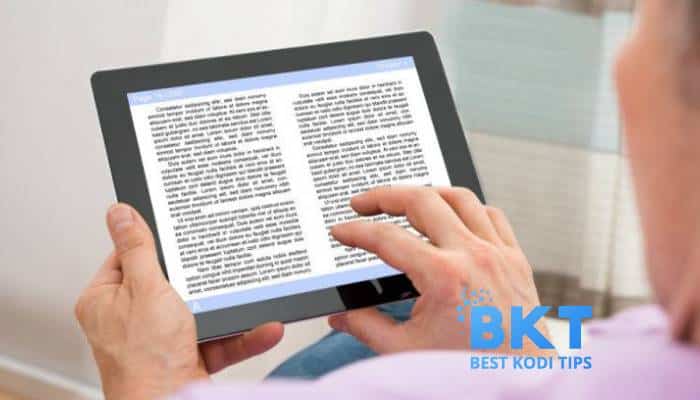


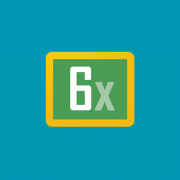

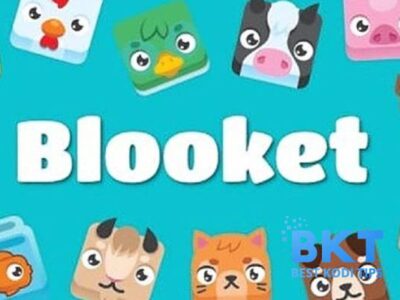
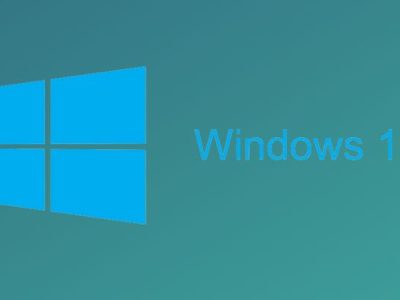


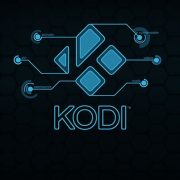




Comments